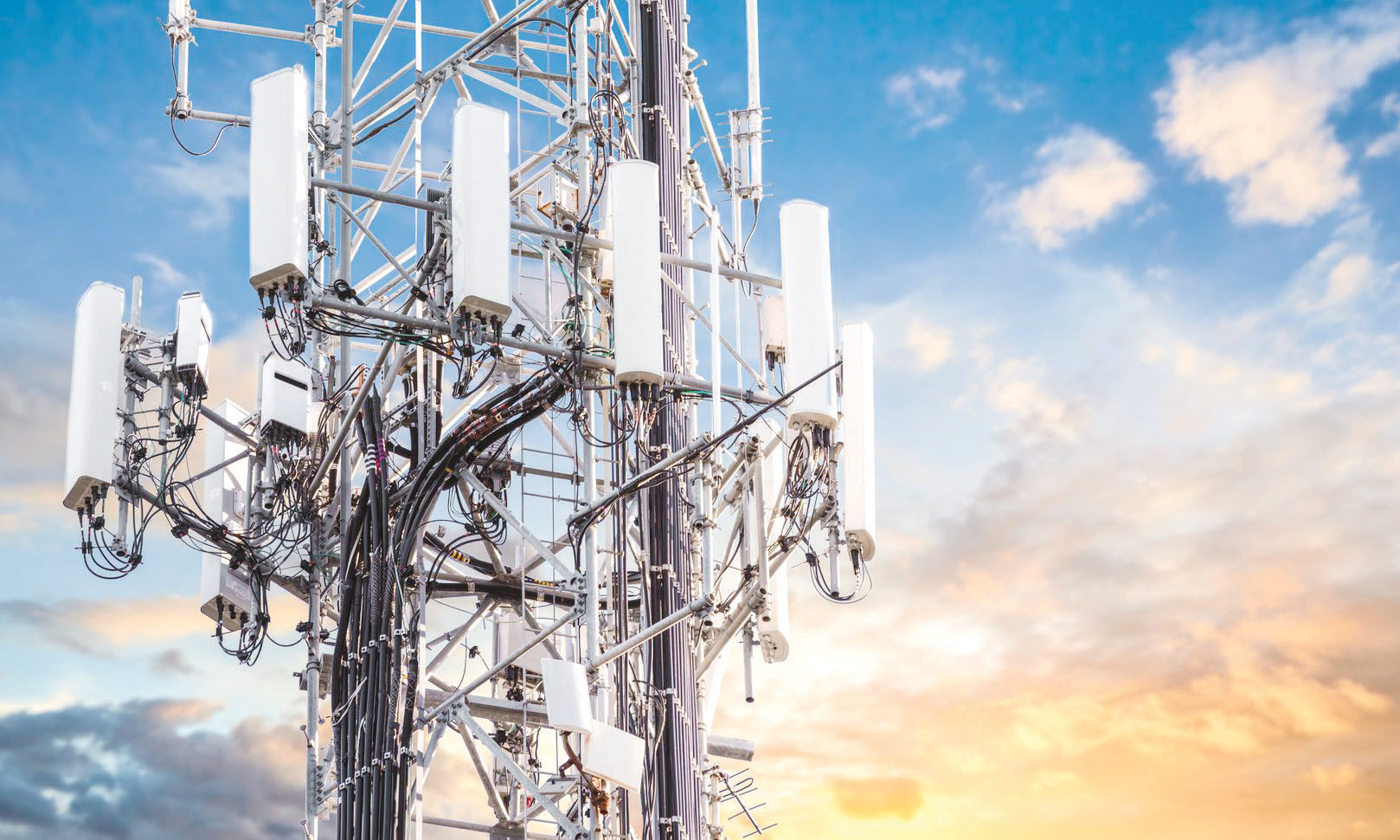

Majority government-owned telecom services provider Omantel has revealed that it hopes to earn in excess of $500 million in a deal that involves the sale and leaseback of its sprawling telecom tower passive infrastructure.
The publicly listed company said in a filing to the Capital Market Authority (CMA) that offers received from a number of interested companies are currently being evaluated for their technical, commercial and legal merit.
Commenting on the expected revenue from the deal, it noted: “Given that the contemplated transaction is still at an evaluation stage, it is not possible to ascertain accurately the financial impact it will have on the company. However, it is expected that the sale proceeds will be in excess of USD 500 million.”
According to telecom experts, passive infrastructure typically encompasses all of the non-electronic elements of a mobile network, including the tower itself or pylon, any support structure or building or related shelter, electricity generation or back-up facility, air conditioning plant, and security. Not included are base stations, microwave radio equipment, switches, antennae and transceivers, which are collectively referred to active infrastructure.
It is understood that Omantel, the biggest player in the Sultanate’s expanding telecom landscape and the third-largest in the MENA region, has around 3000 towers distributed across the country.
Offering all or part of all of massive passive infrastructure for sale, the telecom company is set to join its peers in the wider region, and globally as well, in sharing this capital intensive component of mobile telecom infrastructure – a move designed to raise revenue amid the ongoing economic downturn.
Earlier this year, Kuwait’s Zain Group clinched a deal to sell and leaseback its passive infrastructure, comprising around 1,600 mobile towers, worth around $160 million. Omantel owns a 21.9 per cent shareholding in Zain, the Kuwait-headquartered regional mobile telecom group, which it purchased in 2017.
A number of international and local firms are understood to be in the race for the rights to acquire Omantel’s passive infrastructure.
The successful bidder is expected to lease this capacity to multiple operators, thereby optimising returns on the initial investment made towards these towers. Passive infrastructure sharing is a growing trend globally, experts note.
Oman Investment Authority (OIA), the integrated sovereign wealth fund of the Sultanate of Oman, owns the government’s 51 per cent stake in Omantel.
As with other state-owned entities (SOE) in the Sultanate, Omantel is required to raise its own funding to support its expansion and growth requirements – a practice being encouraged by OIA to reduce dependence on the government for funding assistance.
Oman Observer is now on the WhatsApp channel. Click here



